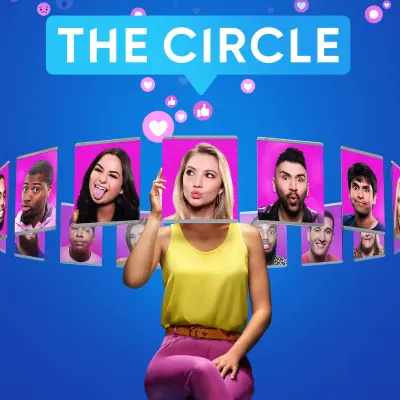Does The Circle have a catfish problem?
-

"By placing such a huge emphasis on rooting out catfish, both players and producers fundamentally misunderstand how the game works and what makes it fun to watch," says Emily Palmer Heller. "Because here’s the thing: Who cares? Catfishing is a perfectly legitimate strategy. The game of The Circle isn’t 'figure out who’s a catfish'; it’s much more interesting than that — or at least it can be. As host Michelle Buteau says in the intro, The Circle is 'the ultimate popularity game,' playing out entirely over (an extremely insulated form of) social media. In between private chats, group chats, and games designed to help the players get to know each other, the contestants rank each other. The two most popular players are given the role of 'Influencer'; together the Influencers choose another player to eliminate. So really it doesn’t matter if someone is a catfish as long as they rank you highly (or fight to keep you around if they’re chosen as an Influencer.) There are lots of different tactics to take there, and at its best The Circle resembles Survivor in its ability to challenge players’ social intelligence. Both shows are at their most compelling when alliances are forming and/or coming undone. Catfishing is just a tactic, like playing a hidden immunity idol. When contestants spend all of their time trying to figure out if someone actually looks like their profile picture, it’s not just repetitive and boring from a viewer’s perspective — it’s also bad strategy. I can totally understand the reasoning that if someone is lying in their profile, they could also be lying in their conversations with fellow players. But as we’ve seen over the past two seasons, plenty of contestants feel perfectly comfortable manipulating the hell out of each other even when using their “real” face. And on the flip side, plenty of people are capable of making genuine connections behind a 'fake' profile."
TOPICS: The Circle, Netflix, Reality TV
